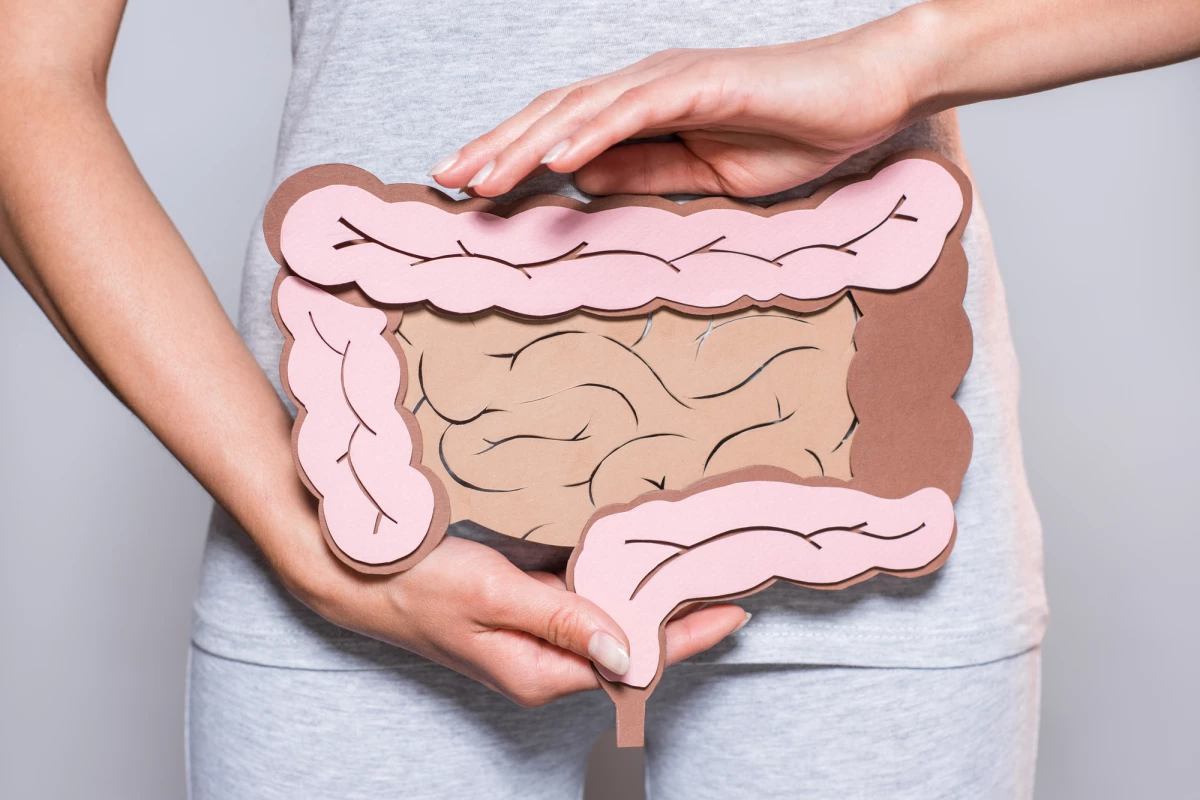New Stanford University research has homed in on two specific gut bacteria-produced metabolites that may protect against the intestinal inflammation associated with diseases such as ulcerative colitis and Crohn’s.
The research began by examining two cohorts of patients who underwent surgical removal of the colon and rectum for very different reasons. One cohort were ulcerative colitis patients, and the other cohort were at a high risk of colon cancer from a rare genetic condition.
Comparing metabolite levels in fecal samples between the two groups the researchers discovered ulcerative colitis patients still suffered from intestinal inflammation despite the surgical procedure, and they displayed notable bacterial and metabolic abnormalities. The ulcerative colitis patients were found to have significantly lower levels of metabolites known as secondary bile acids.
Bile acids are important compounds, primarily synthesized in the liver, and fundamental for effective digestion. Primary bile acids are initially secreted into the intestine where they are then converted into secondary bile acids by a variety of bacteria. Prior research has suggested secondary bile acids are found in unusually low levels in ulcerative colitis patients.
Two specific secondary bile acids were particularly noted in low levels in ulcerative colitis patients: deoxycholic acid and lithocholic acid. Further study also linked production of these metabolites to a particular family of bacteria called Ruminococcaceae.
"All healthy people have Ruminococcaceae in their intestines," says Aida Habtezion, senior author on the new study. "But in the UC [ulcerative colitis] pouch patients, members of this family were significantly depleted."
Instead of experimenting with some kind of probiotic replacement therapy to enhance Ruminococcaceae bacteria, the researchers focused directly on replacing the missing active metabolites. Deoxycholic acid and lithocholic acid supplements were tested on three separate mouse models of ulcerative colitis and positive results were seen in all three models.
Administering the two bile acids resulted in reductions of a number of inflammatory biomarkers as well as symptomatic improvements in all the animals. The animal models tested are considered representative of general inflammatory bowel disease, so these hypothetical improvements may not be isolated to just ulcerative colitis but could also apply to conditions such as Crohn’s disease.
It is still unclear whether these low metabolite levels are causing intestinal inflammation, or whether they are simply a consequence of the disease. A Phase 2 human trial is currently underway hoping to clarify this very question.
"This study helps us to better understand the disease," says Habtezion. "We hope it also leads to our being able to treat it with a naturally produced metabolite that's already present in high amounts in a healthy gut."
The new research was published in the journal Cell Host & Microbe.
Source: Stanford Medicine




